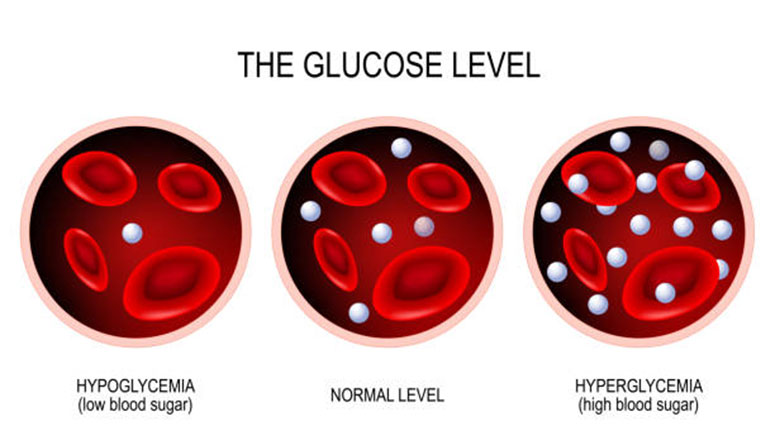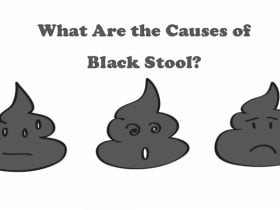Causes

During digestion, the body catabolizes carbohydrates from meals- such as bread, rice, and pasta into several sugar molecules. One of these sugar molecules is glucose. Glucose [1] is a main source of energy for different cells in the body, it is absorbed directly into the bloodstream after you eat, but it can go into cells of the body through insulin (a hormone produced by the pancreas).
An increase in the blood glucose of the body causes the pancreas to release insulin [2]. The insulin unlocks cells so glucose can enter and provide the energy they need to function appropriately. Extra glucose is stored in the liver and muscles in form of glycogen [3].
This process reduces the quantity of glucose in the bloodstream and prevents it from reaching dangerous levels. The production of insulin by the pancreas returns to normal as the blood glucose level returns to normal. Causes of hyperglycemia are:
- The dose of insulin or oral diabetes drugs are not the most helpful ones you need
- The body is not utilizing the natural insulin present in the body
- The quantity of carbohydrates being consumed is not balanced with the amount of insulin synthesized in the body or the amount injected
- When you indulge in less physical activities
- Physical stress (from illness, a cold, an infection, the flu, and others)
- Emotional instability (from family arguments, emotional problems, school or work stresses, and more)
- Consuming steroids for another condition
- The dawn phenomenon (a surge of hormones synthesized by the body every 4 am to 5 am
Other possible causes
- Surgery or trauma
- Pancreatic diseases such as pancreatitis, pancreatic cancer, and cystic fibrosis.
- Endocrine conditions which include Cushing syndrome [4] that cause insulin resistance
- Certain drugs like diuretics and steroids
- Gestational diabetes occurs in 4 percent of pregnancies and is due to decreased insulin sensitivity.













